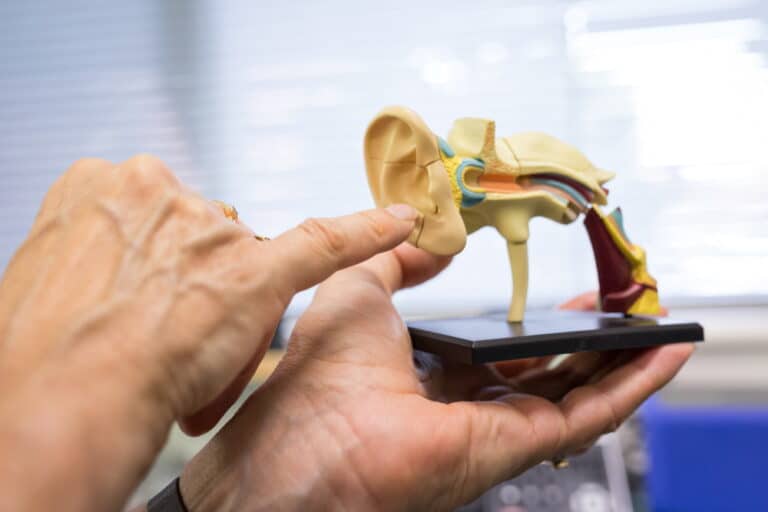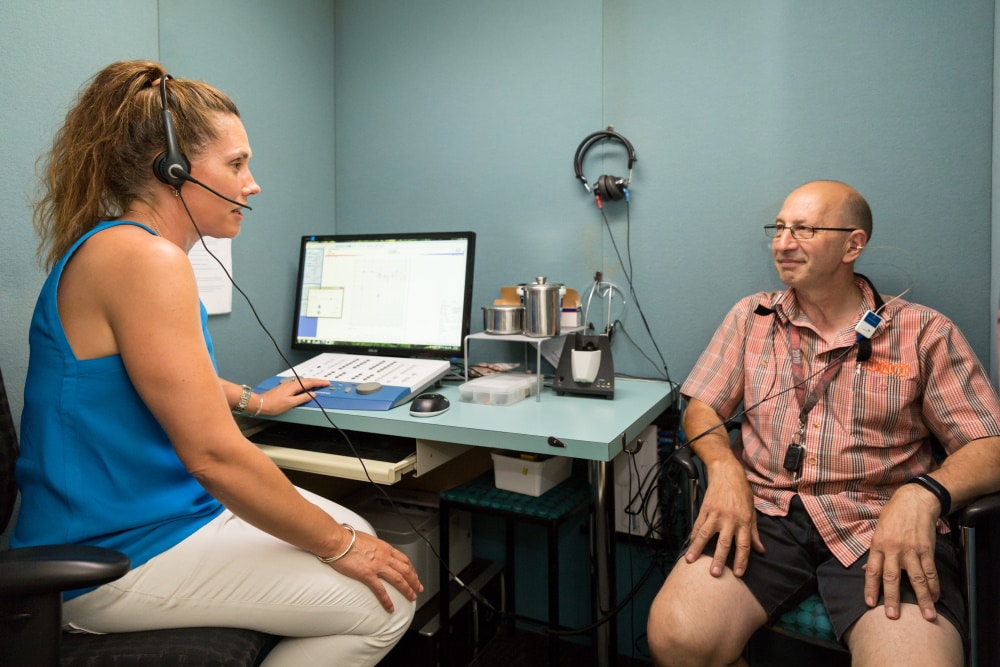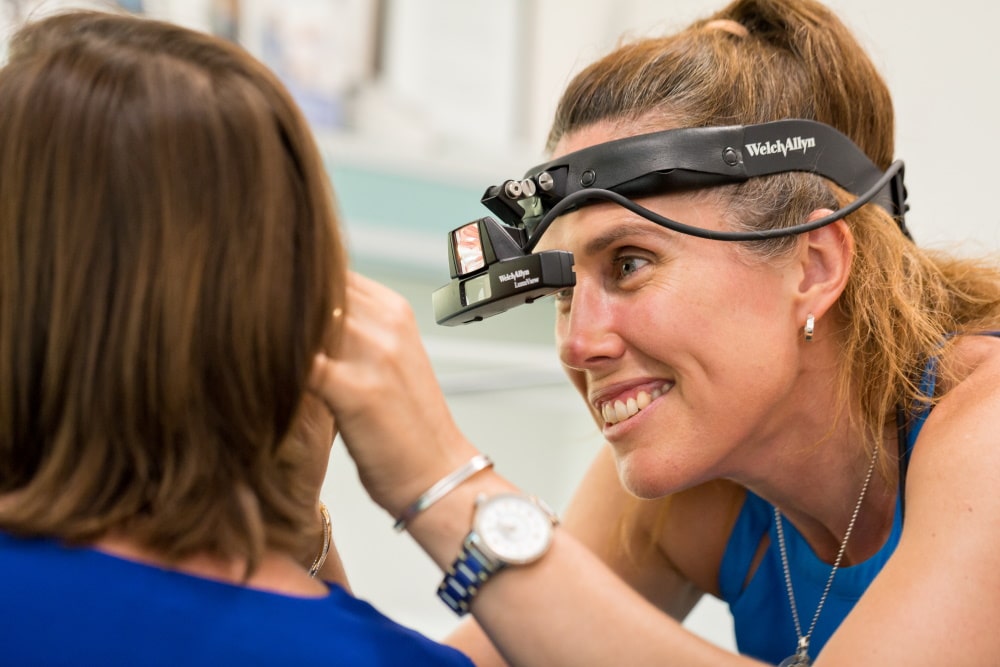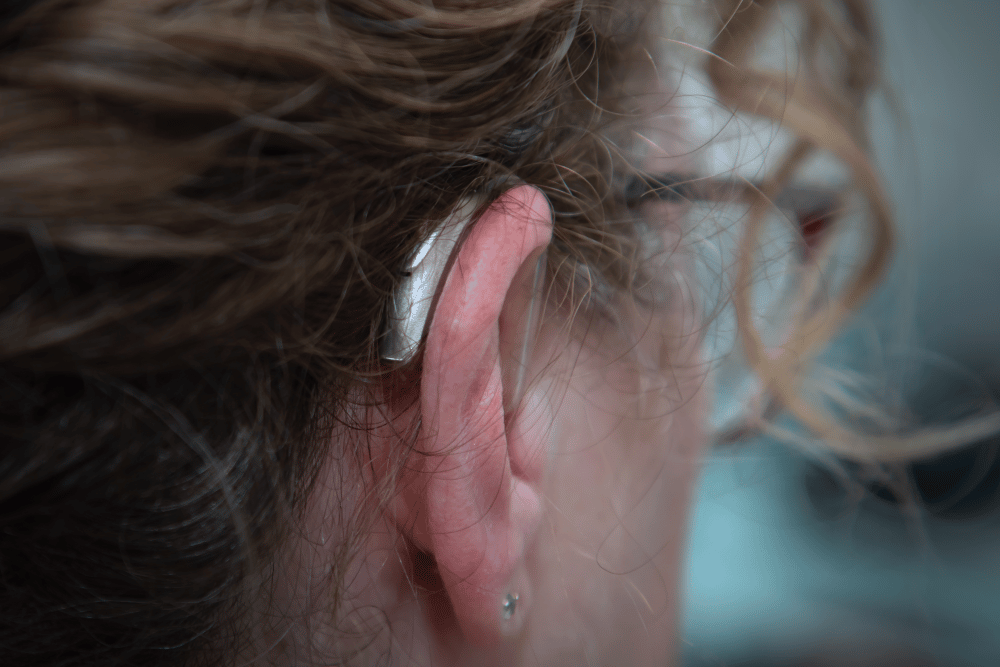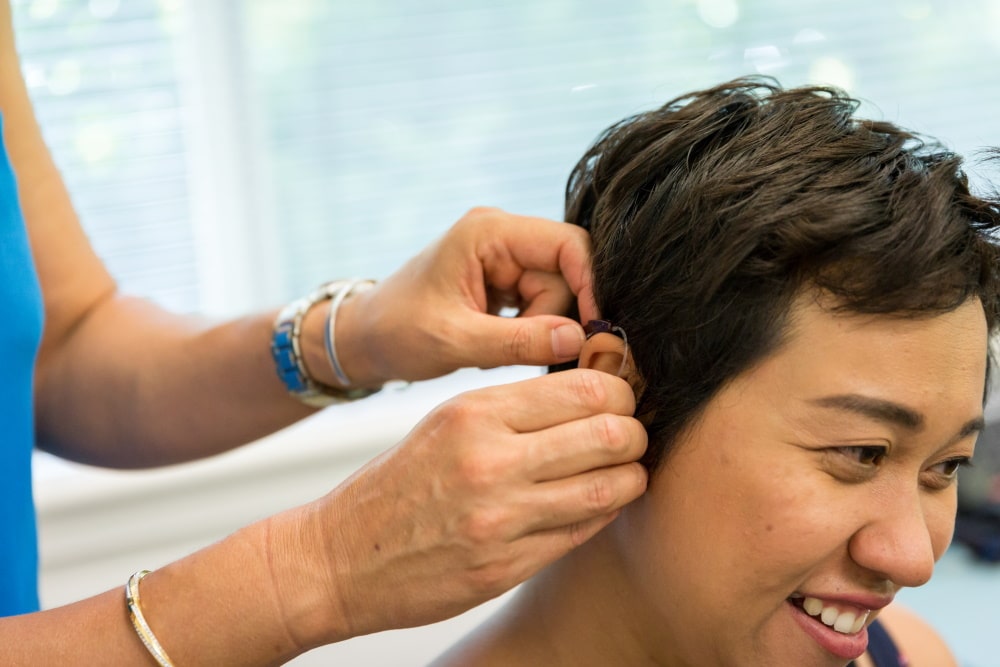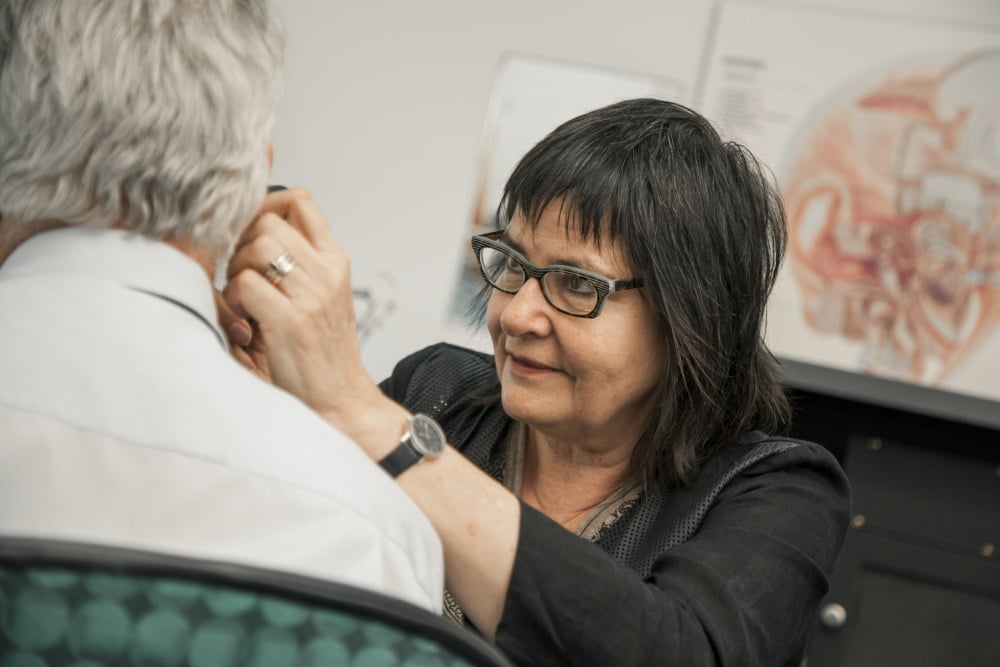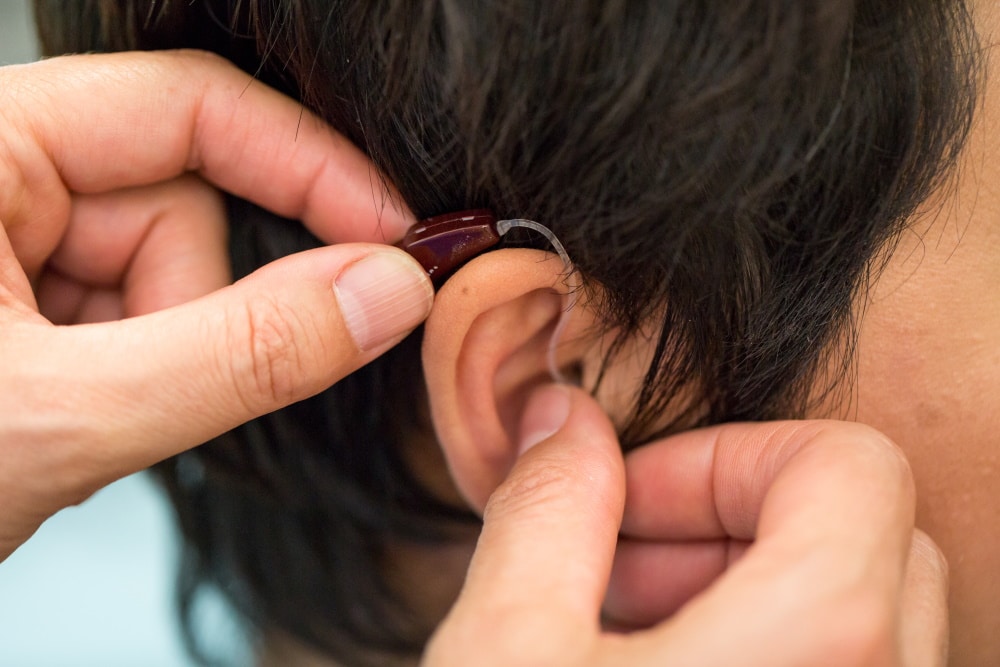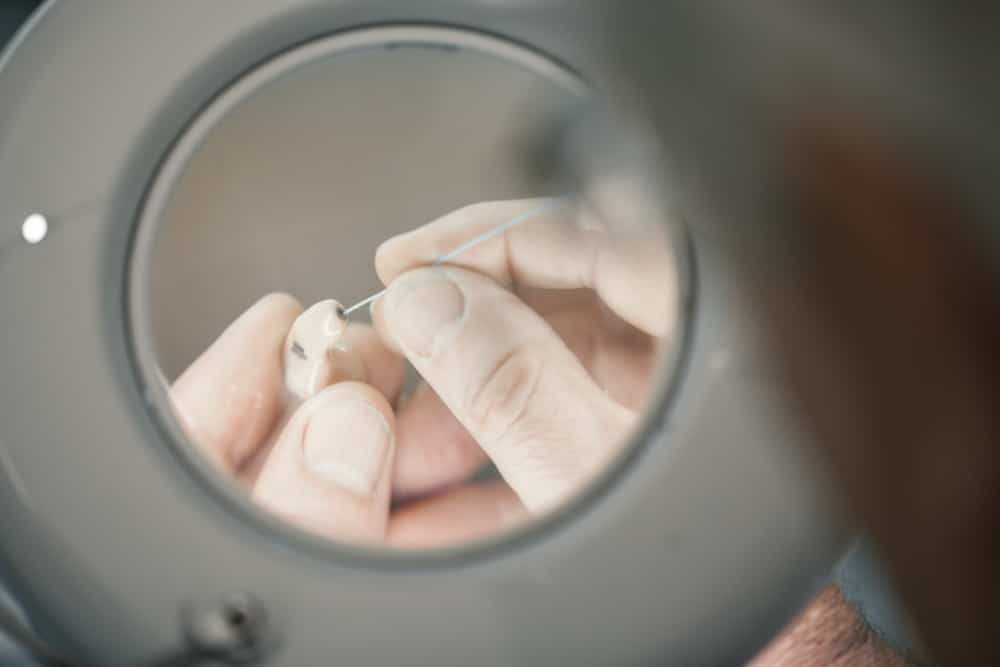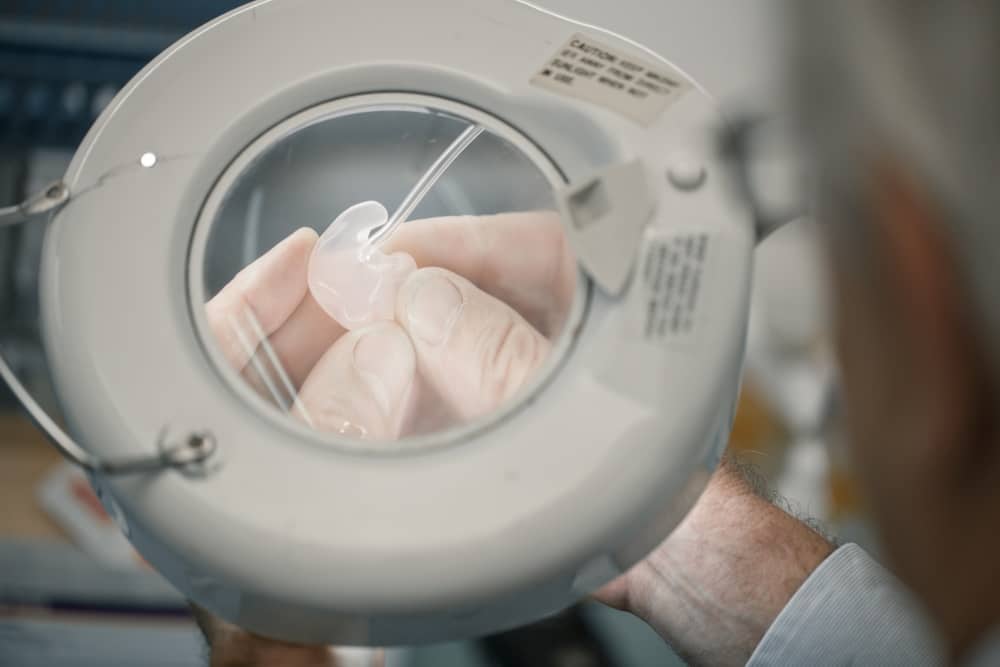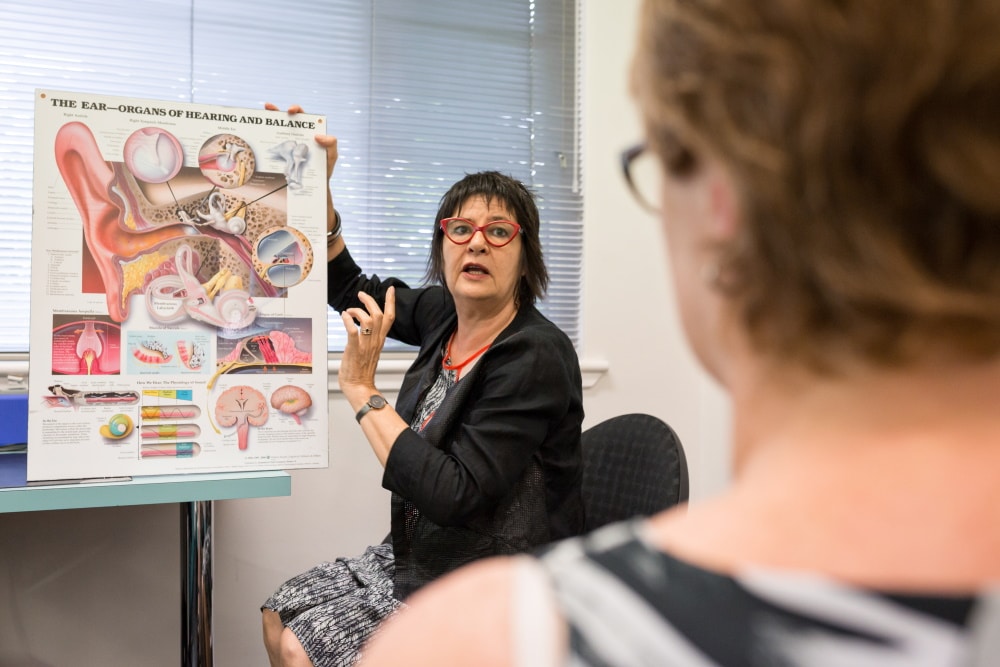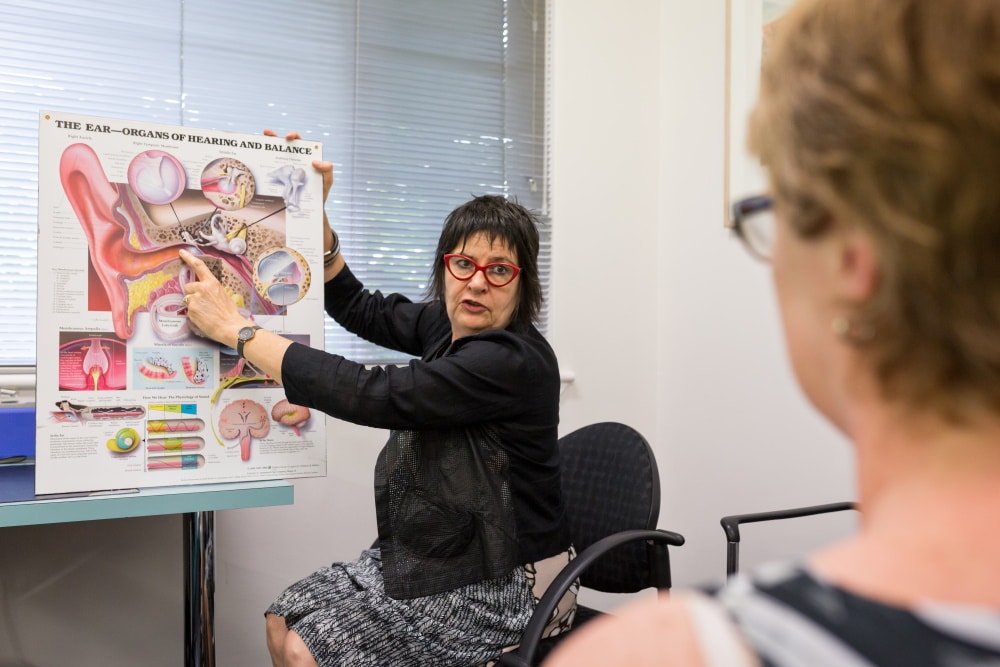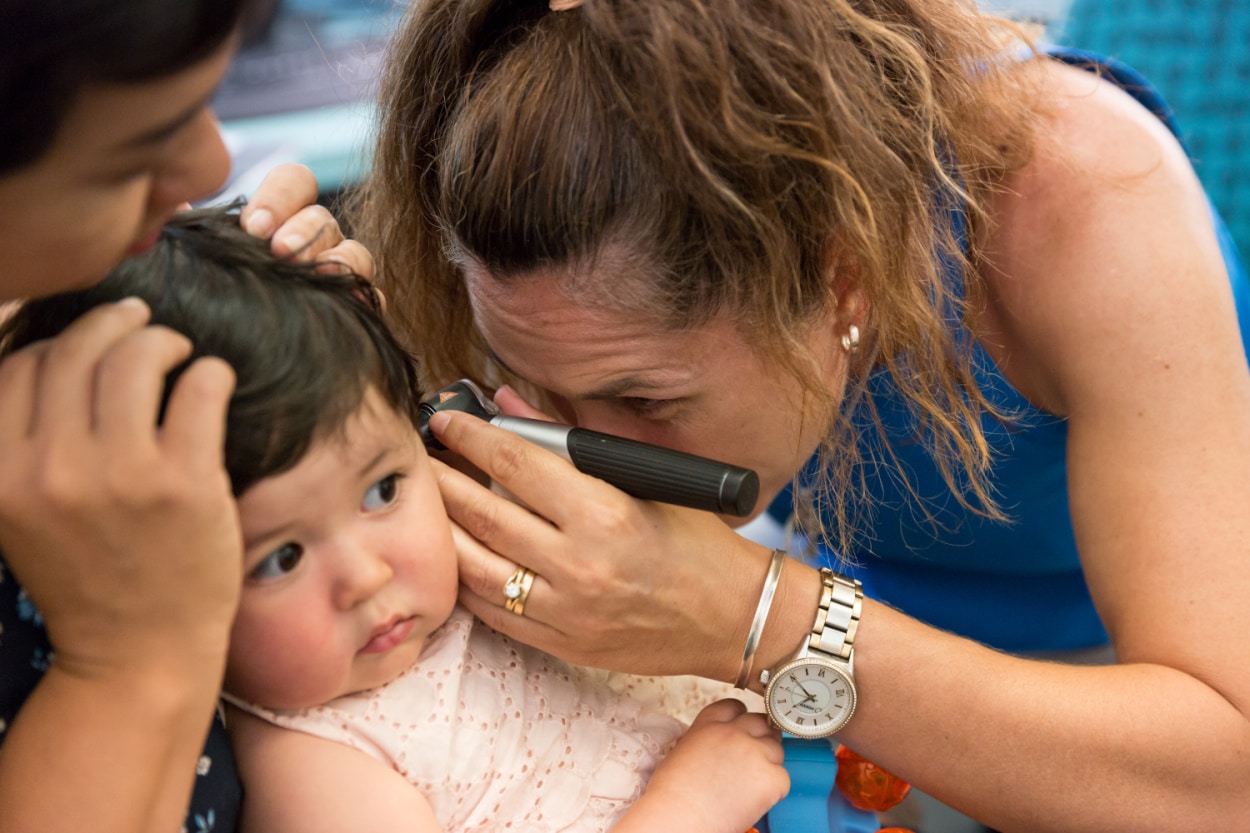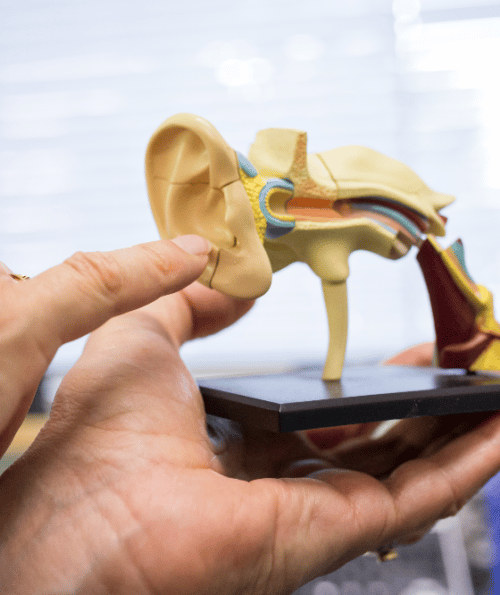
Our Program
Myriam Westcott and Kate Moore provide an individualised program to assist you in management of your tinnitus reaction and guide you to achieve a satisfactory level of tinnitus habituation.
Any questions you may have will be addressed to ensure you have an understanding of what this process involves.
Our program involves:
- an evaluation of the emotional impact of your tinnitus
- a thorough investigation of your history with regards to your tinnitus and barriers to habituation
- a hearing assessment (if not already carried out)
- providing detailed information about your tinnitus – including an opinion about the possible cause and the factors that affect your tinnitus onset, persistence and reactivity
- information on the neurophysiological basis of tinnitus and tinnitus-related distress and annoyance
- a detailed and personalised explanation of your hearing test results, the peripheral and central auditory system and associated somatic and psychological pathways
- a personalised therapy program to support habituation.

